Rajshahi, Nov 27 (V7N) – Dr A.N.M. Bazlur Rashid, Divisional Commissioner of Rajshahi, has stated that no more ponds will be allowed to be filled in the city. He made the announcement on Wednesday during a meeting and memorandum submission with the Bangladesh Environmental Movement (BAPA) and the Rajshahi Protection Struggle Committee.
The Divisional Commissioner noted that Rajshahi was once known as the city of ponds, but many ponds have been illegally occupied or filled over time. “We have already started work on these issues, including the restoration of a previously filled pond. Our clear decision is that no pond in Rajshahi will be filled going forward. For those already filled, we will review and take action after the elections,” he said.
Addressing the city’s traffic congestion, Dr Rashid said temporary inconveniences are occurring due to ongoing development projects. He instructed that one project should be completed before starting another to reduce public hardship and stated that he would meet with engineers today to provide further guidance.
On urban beautification, the Commissioner directed the City Corporation to plant replacement trees where greenery has been lost, specifying 50 meters of flowering trees followed by 50 meters of larger trees.
He also highlighted the serious encroachment and filling of rivers in the Rajshahi region, including the Padma, Shiv, Barn, Huja, Malonch, Boral, and Narda rivers. Dr Rashid emphasized that cooperation from local authorities and communities is essential to restore these rivers. Special initiatives nationwide have identified 13 important rivers across eight divisions, including four in Rajshahi, such as the Barn river near the city. Once approval for development plans is obtained, joint operations will begin to clear encroachments and pollution, followed by dredging work.
During the memorandum submission, BAPA and the Rajshahi Protection Struggle Committee highlighted that rivers, canals, and water bodies in Padma-adjacent areas of Rajshahi are facing severe threats due to illegal occupation, pollution, unplanned development, and insufficient government oversight. Reduced navigability has caused waterlogging and damage to agriculture during recent rainfall. Studies indicate that over-extraction of groundwater, decreased river flow, and climate change are lowering water levels in Rajshahi and the northwest rapidly.
The memorandum also warned that encroachment and pollution of the Padma riverbanks could threaten future waterways and potential river ports. Other rivers in the region are nearly dead due to encroachment, filling, waste disposal, small unplanned bridges, barriers, and plastic pollution. BAPA stressed that restoring rivers and canals, removing illegal occupations, dredging, and integrated water management are essential to resolving the region’s water crisis. They also raised concerns that rapid illegal construction on city protection embankments could pose significant flood risks.
Attendees during the memorandum submission included BAPA national central committee member and Rajshahi Protection Struggle Committee general secretary Md. Zamat Khan, Afzal Hossain, BAPA Rajshahi district president Engineer Mahmud Hossain, vice president Professor Juel Kibria, general secretary Selina Begum, advisor journalist Akbarul Hasan Millat, Sh M Saju, BAPA treasurer Md. Zahid Hasan, BAPA Rajshahi members Hasinur Rahman and Raihan Ali Juel, Green Voice Rajshahi president Rabeya Khatun, former student leader and NGO executive director Raihan Samrat, Rasheda Begum, environmental and social activist Ahsan Habib, and physician Swapna Kajol.
END/PR/SMA/



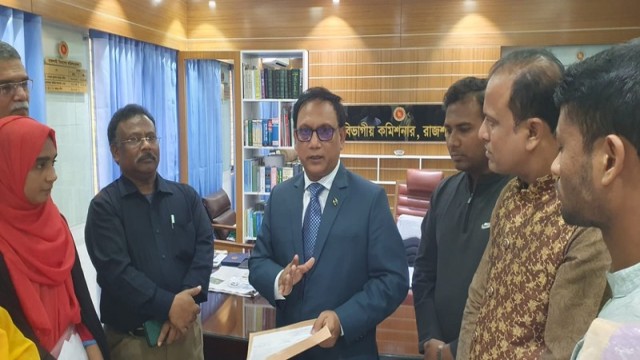
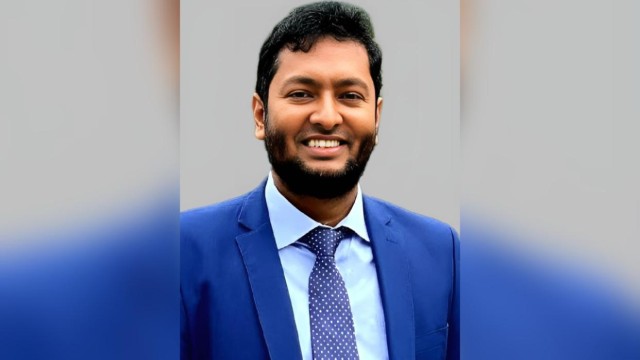
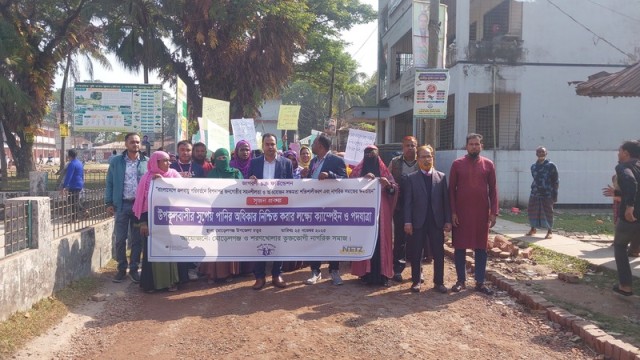
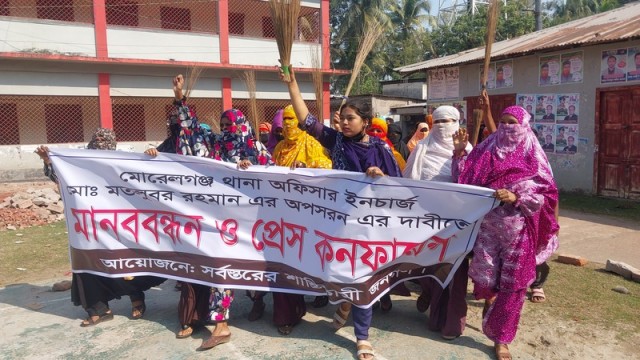

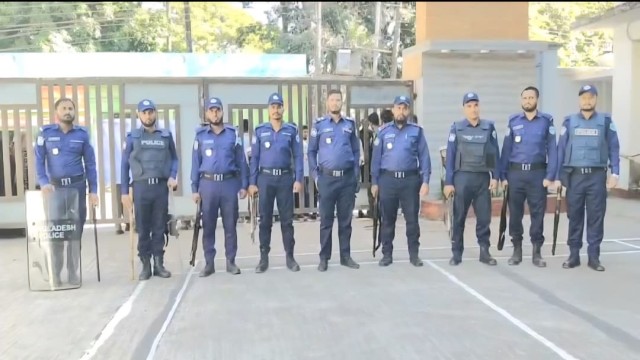
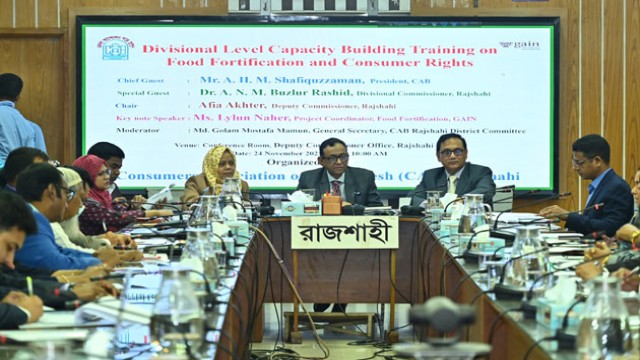
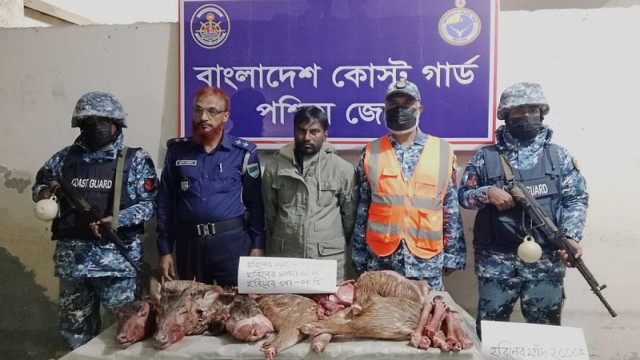
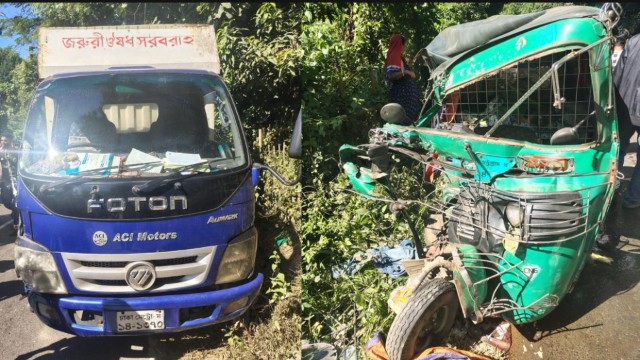
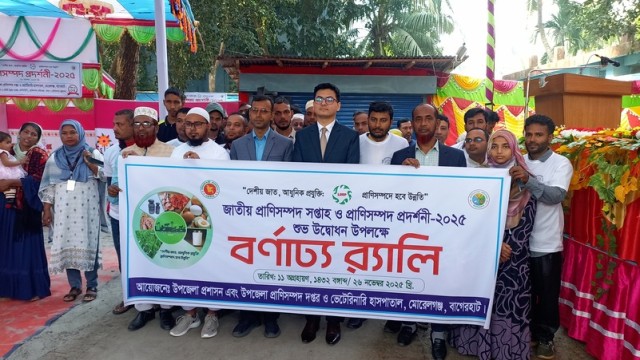
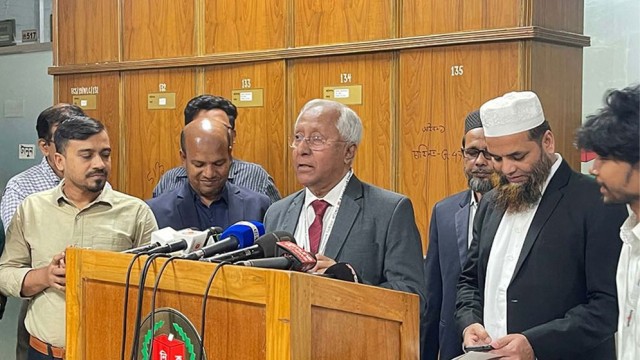
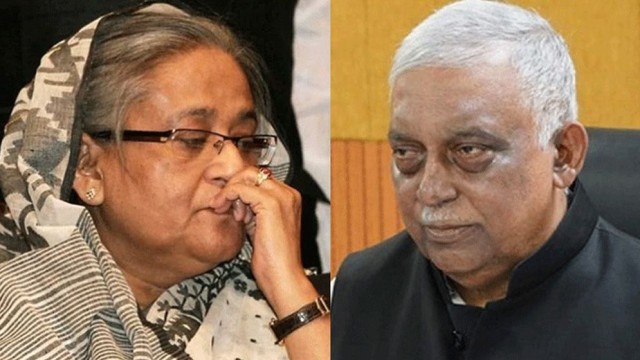

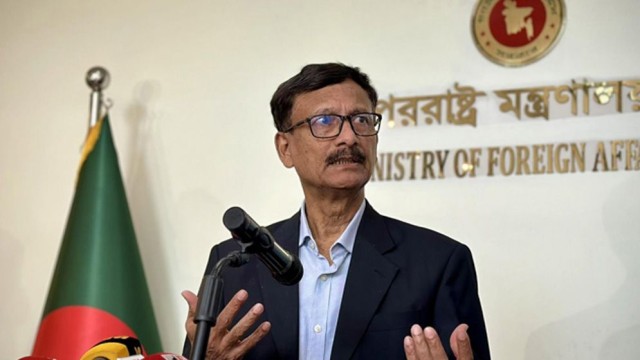
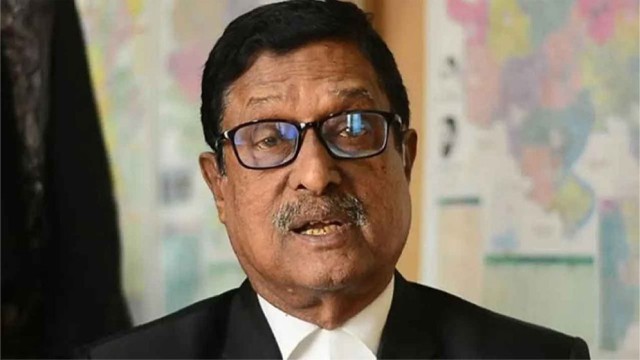

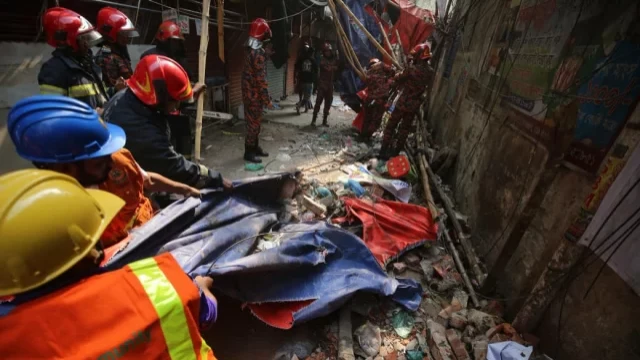
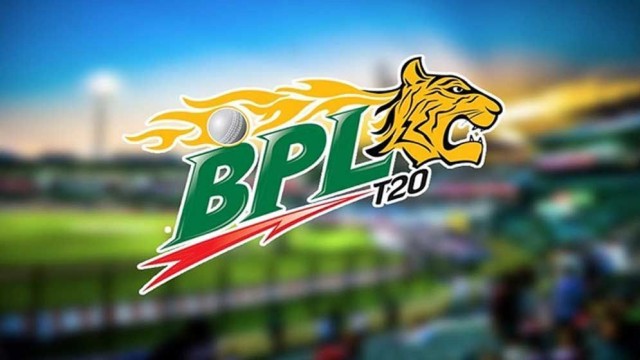
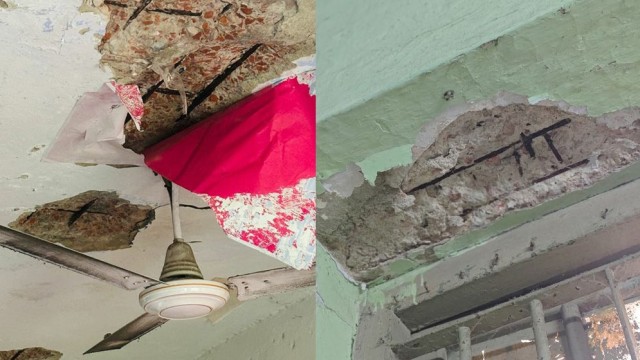

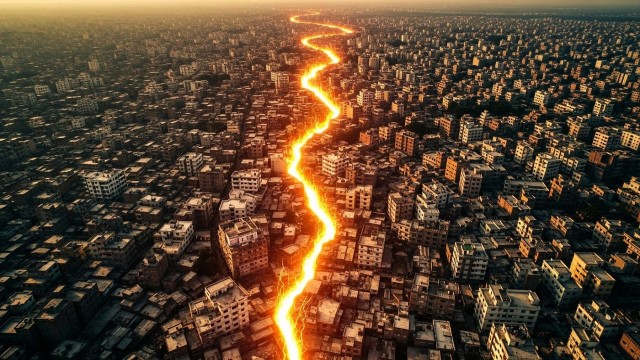

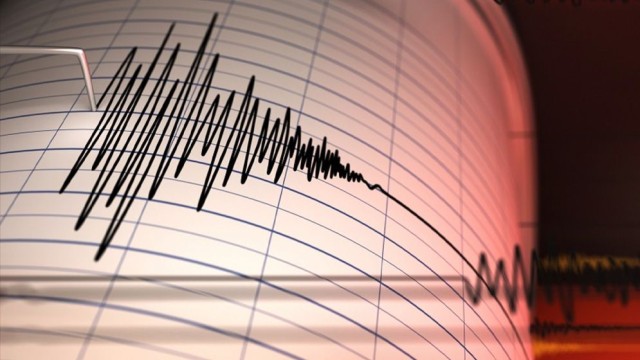
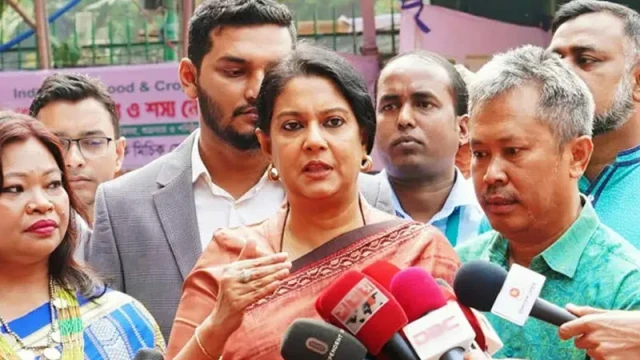

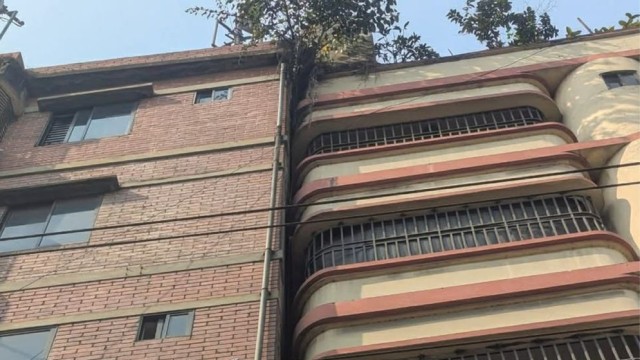
Comment: